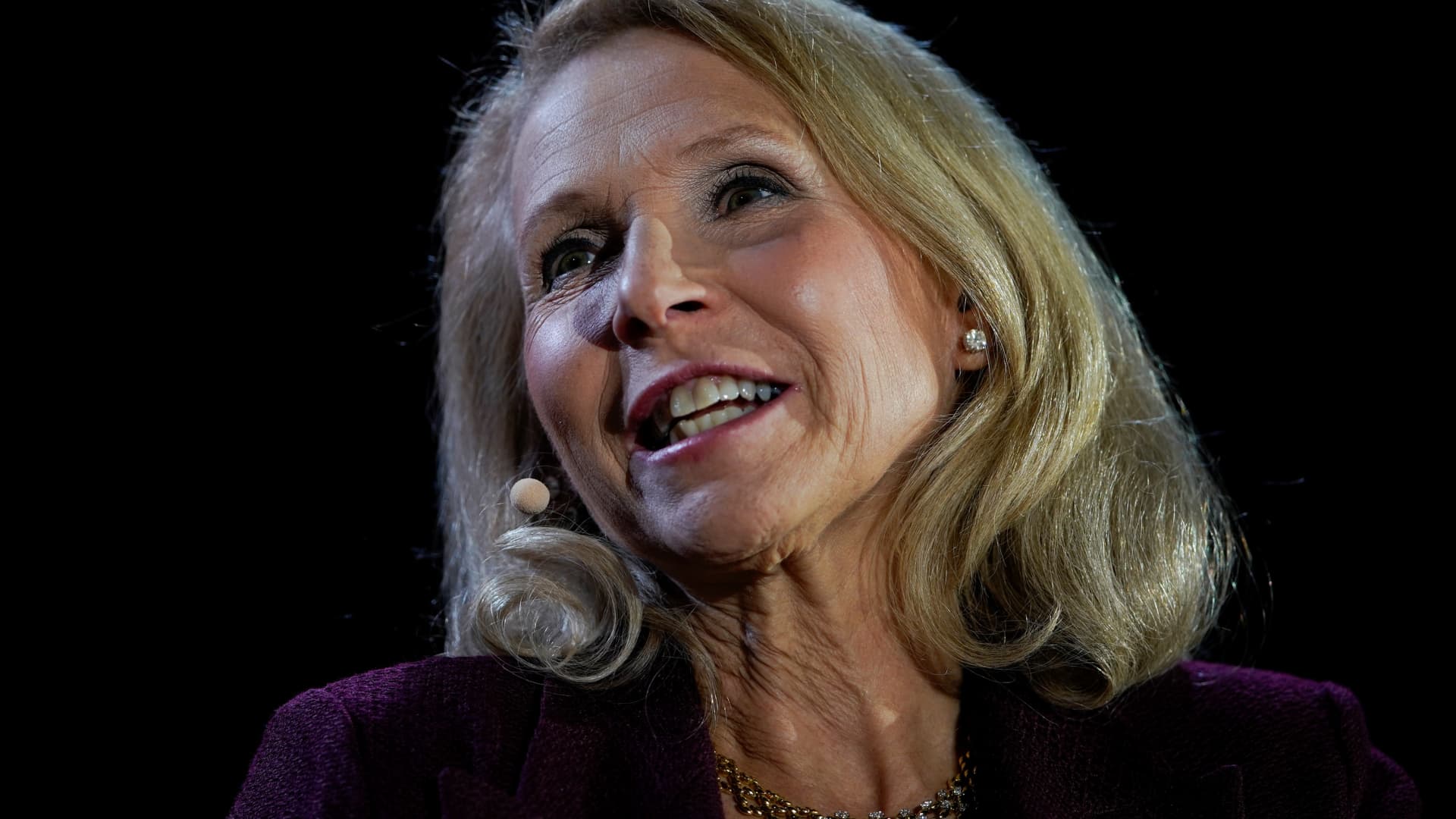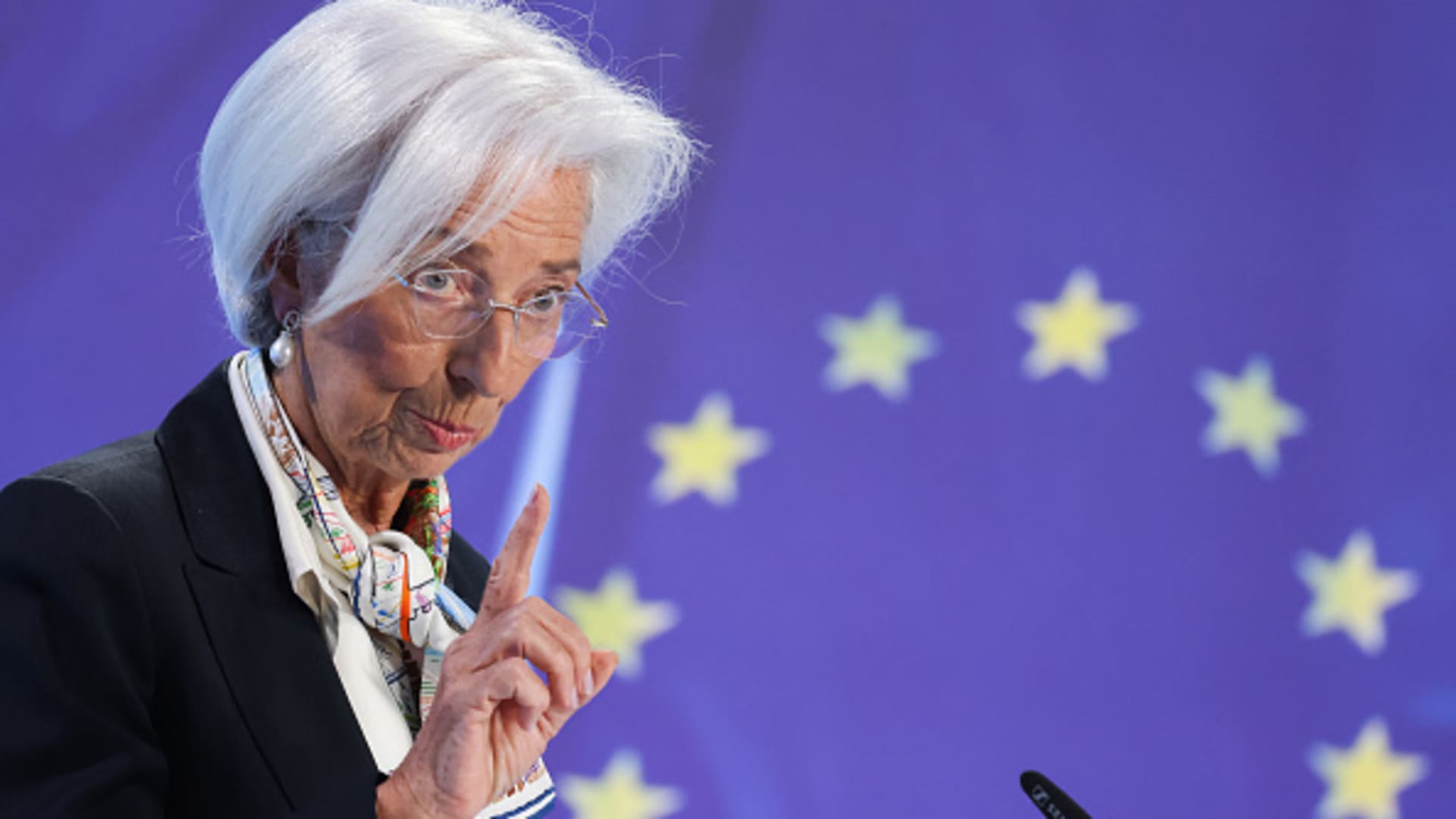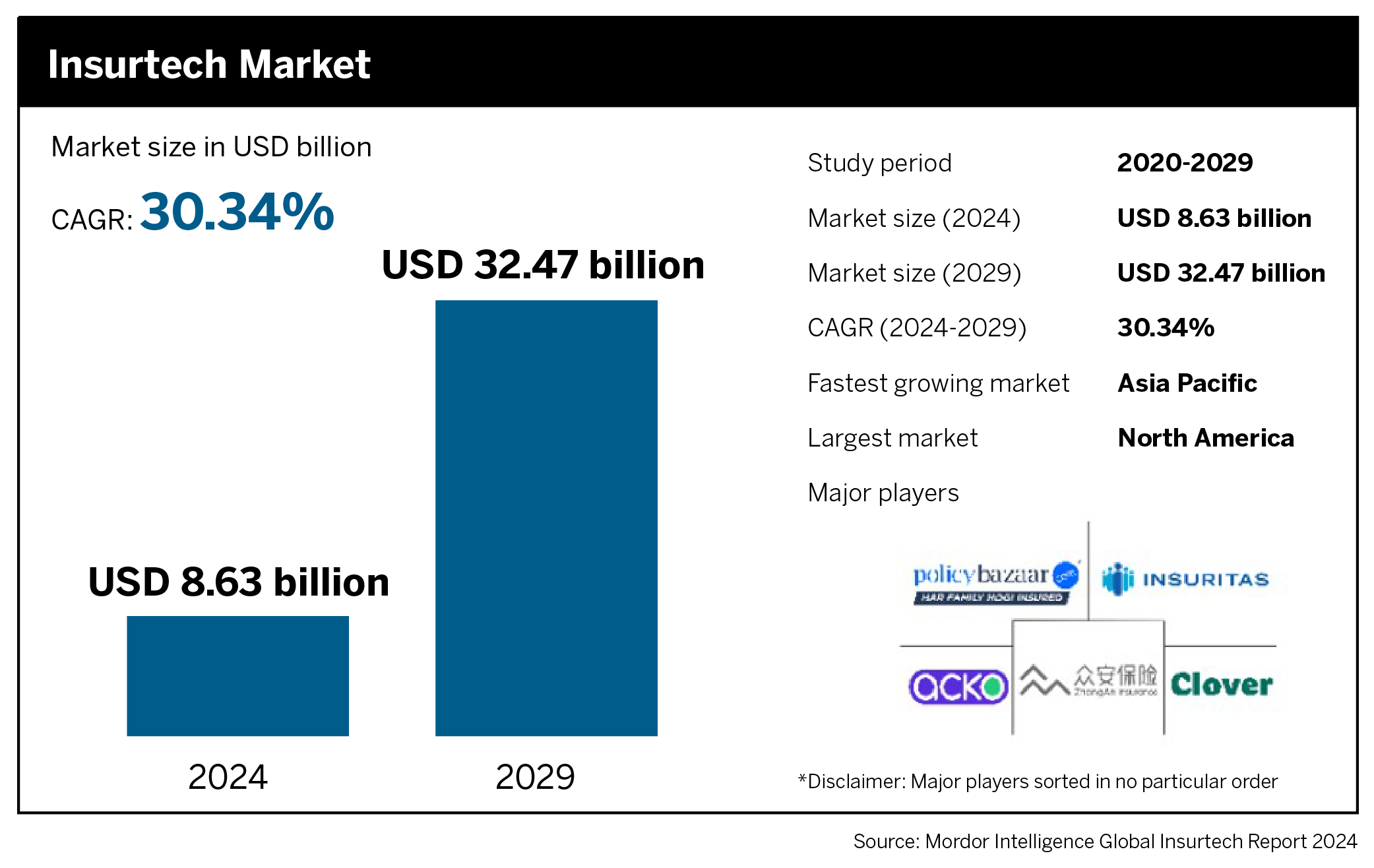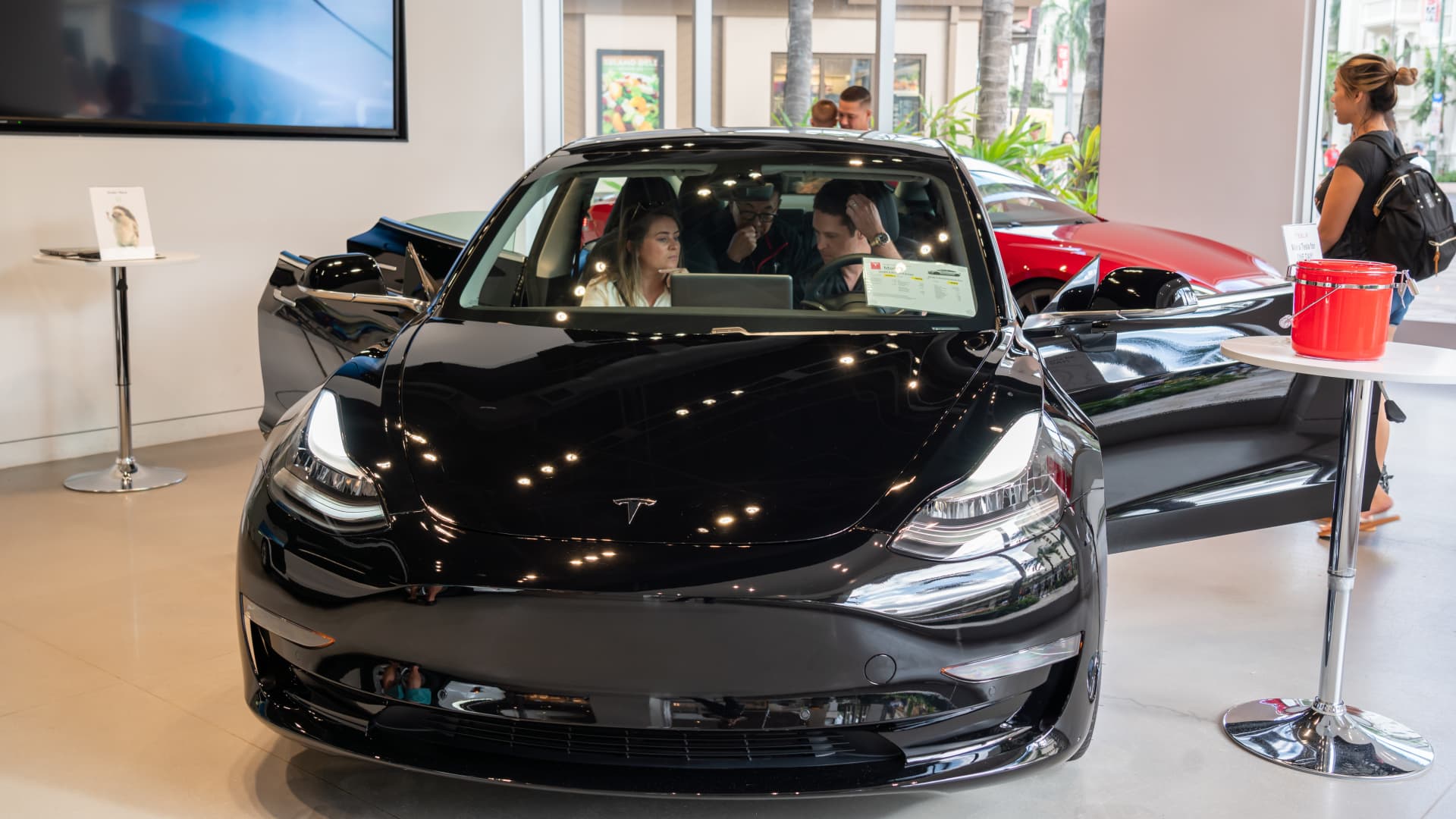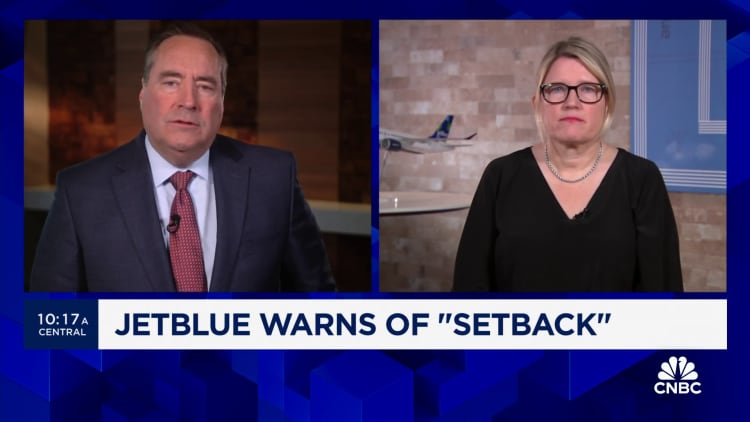
Like a global tornado that is almost impossible to predict, deep economic fears are leaving a trail of political unrest and violence in poor and rich countries alike.
In Kenya, a nation reeling from debt, protests last week against a planned tax hike led to dozens of deaths, kidnappings of demonstrators and a partially divided parliament.
At the same time, in Bolivia, where residents were lining up because of gasoline shortages, he led a failed coup attempt and said the president, a former economist, must “stop impoverishing our country” shortly before an armored truck drove into the presidential palace.
And in France, after months of roadblocks by farmers angry about low wages and rising costs, the far-right party gained strong support in the first round of early parliamentary elections on Sunday, bringing its long-taboo image of nationalism and anti-immigrant politics to the forefront threshold of power.
The causes, contexts and conditions underlying these disorders vary greatly from country to country. But a common denominator is clear: increasing inequality, falling purchasing power and growing fear that the next generation will be worse off than this one.
The result is that citizens in many countries facing a bleak economic outlook have lost confidence in their governments’ ability to handle it – and are fighting back.
The backlash has often been directed against liberal democracy and democratic capitalism, with populist movements emerging on both the left and the right. “An economic malaise and a political malaise reinforce each other,” said Nouriel Roubini, an economist at New York University.
In recent months, economic fears have sparked protests around the world that have sometimes turned violent, including in high-income countries with stable economies such as Poland and Belgium, but also in countries struggling with out-of-control debt, such as Argentina and Pakistan, Tunisia, Angola and Sri Lanka.
On Friday, Sri Lankan President Ranil Wickremesinghe pointed to Kenya and warned: “If we do not establish economic stability in Sri Lanka, we could face similar unrest.”
Even in the United States, where the economy has proven resilient, economic fears are partly the reason for the possible return of Donald J. Trump, who often uses authoritarian rhetoric. In a recent poll, the majority of American voters said the economy was the most important issue of the election.
National elections in more than 60 countries this year have drawn attention to the political process and urged citizens to express their discontent.
Economic problems always have political consequences. But economists and analysts say a chain of events triggered by the Covid-19 pandemic has led to an acute economic crisis in many parts of the world and laid the foundation for the unrest now burgeoning.
The pandemic halted trade, wiped out incomes and wreaked havoc on the supply chain, causing shortages of everything from semiconductors to sneakers. Later, as life returned to normal, factories and retailers were unable to meet pent-up demand, driving up prices.
Russia’s invasion of Ukraine caused another shock, sending oil, gas, fertilizer and food prices into the stratosphere.
Central banks tried to curb inflation by raising interest rates, which in turn put even more pressure on businesses and families.
Although inflation has eased, the damage has been done. Prices remain high and in some places the costs of bread, eggs, cooking oil and heating are two, three or even four times higher than they were a few years ago.
As usual, the poorest and most vulnerable countries were hit hardest. Governments already strangled by loans they couldn’t afford saw the cost of that debt explode as interest rates rose. In Africa, half of the population lives in countries that spend more on interest payments than on health or education.
This has left many countries desperately searching for solutions. Indermit Gill, chief economist at the World Bank, said nations unable to borrow due to a debt crisis essentially have two options to pay their bills: print money or raise taxes. “One leads to inflation,” he said, “the other leads to unrest.”
After paying off a $2 billion bond in June, Kenya sought to raise taxes. Then it boiled over.
Thousands of demonstrators flocked to Parliament in Nairobi. At least 39 people were killed and 300 injured in clashes with police, human rights groups said. The next day, President William Ruto withdrew the bill that proposed tax increases.
In Sri Lanka, mired in $37 billion in debt, “people are just broken,” said Jayati Ghosh, an economist at the University of Massachusetts Amherst, after a recent visit to the capital Colombo. Families are skipping meals, parents can’t afford school fees or health insurance and a million people have lost access to electricity in the past year because of unaffordable price and tax increases, she said. Police used tear gas and water cannons to break up the protests.
In Pakistan, the rising cost of flour and electricity sparked a wave of demonstrations that began in Kashmir and spread to almost all major cities this week. Traders closed their shops, blocked roads and burned electricity bills on Monday.
“We can no longer bear the burden of these excessive electricity bills and tax hike,” said Ahmad Chauhan, a pharmaceutical salesman in Lahore. “Our businesses are suffering and we have no choice but to protest.”
Pakistan is heavily indebted to a number of international creditors and wants to increase tax revenues by 40 percent to secure a bailout of up to $8 billion from the International Monetary Fund – its lender of last resort – to avoid a default.
No country has a larger IMF lending program than Argentina: $44 billion. Decades of economic mismanagement by a succession of Argentine leaders, including printing money to pay bills, have made inflation a constant battle. Prices have almost quadrupled this year compared to 2023. Argentinians now use U.S. dollars instead of Argentine pesos for large purchases like houses and stash stacks of $100 bills in jackets or bras.
The economic turmoil led voters to elect Javier Milei, a self-described “anarcho-capitalist” who promised to cut government spending, as president in November. He has cut thousands of jobs, cut wages and frozen infrastructure projects and imposed austerity measures even beyond those sought by the IMF in its attempts to help the country repair its finances. In his first six months, poverty rates have skyrocketed.
Many Argentines are fighting back. Nationwide strikes have closed businesses and canceled flights, and protests have clogged squares in Buenos Aires. Last month, some protesters threw stones or set cars on fire during a demonstration outside Argentina’s Congress. The police responded with rubber bullets and tear gas. Several opposition MPs were injured in the clashes.
Martin Guzmán, a former Argentine economy minister, said that if leaders restructure government debt, the deals will hit hardest the people whose pensions will be cut and taxes raised. That’s why he pushed for a law in 2022 that would require Argentina’s elected Congress to approve future dealings with the IMF
“There is a problem of representation and dissatisfaction,” Mr. Guzmán said. “This is a combination that leads to social unrest.”
Even the richest countries in the world are seething with frustration. European farmers are worried about their future prospects and angry that the costs of new environmental regulations to curb climate change are threatening their livelihoods.
Overall, Europeans feel that their wages are no longer rising as much as they used to. In 2022, inflation reached almost 11 percent at times and reduced incomes. According to a recent survey, around a third of people in the European Union believe their living standards will decline in the next five years.
This year there have been protests in Greece, Portugal, Belgium and Germany. In March, farmers outside Berlin spread manure on a highway, leading to several accidents. In France, they burned hay, dumped manure in Nice town hall and hung the carcass of a wild boar in front of a labor inspectorate in Agen.
As the head of the French Farmers’ Union told the New York Times, “It’s the end of the world or the end of the month.”
Economic fears are deepening divisions between rural and urban dwellers, unskilled and highly skilled workers, religious traditionalists and secularists. In France, Italy, Germany and Sweden, far-right politicians have used this discontent to pursue nationalist, anti-immigrant goals.
And growth is slowing worldwide, making it harder to find solutions.
“Even in countries where there are no protests, terrible things happen,” said Ms. Ghosh, an economist at the University of Massachusetts Amherst, “but protests somehow wake everyone up.”
Zia ur-Rehman contributed reporting from Karachi, Pakistan.
Source link
2024-07-05 04:01:12
www.nytimes.com

